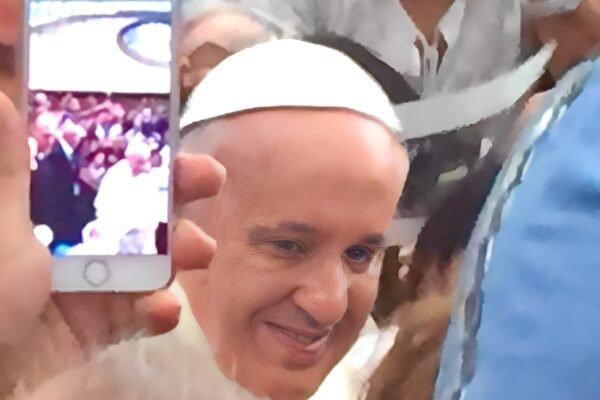\
ON DECEMBER 4, 2024, in the cold hush of a Manhattan morning, Brian Thompson—the CEO of UnitedHealthcare—was shot and killed. He was walking out of a meeting when Luigi Nicholas Mangione pulled the trigger, ending the life of one of the most powerful men in American healthcare.
Five days later, Mangione was captured in Altoona, Pennsylvania, after a nationwide manhunt. What followed was stranger than fiction: not just a national outcry, but an outpouring of support for the killer. Mangione, now behind bars and facing life in prison, has become the unlikely recipient of nearly a million dollars in crowdfunded donations.
Welcome to America—where billionaires get golden parachutes, and assassins get GoFundMe windfalls.

The murder of Thompson is more than just a tabloid tragedy or a headline-grabbing aberration. It’s a piercing siren in the night sky, calling attention to the grotesque distortions of our healthcare system—a system where executive compensation grows in tandem with public suffering, and where access to basic treatment has become a luxury item.
Brian Thompson wasn’t a minor figure. As CEO of UnitedHealthcare, he stood at the summit of one of the largest healthcare insurers on the planet, overseeing a system that touches the lives—and wallets—of tens of millions of Americans. His murder has sent shockwaves through the corporate healthcare world. Executives are rethinking security. PR departments are working overtime. And shareholders are wondering whether this was a targeted anomaly or the symptom of something much darker.
Because here’s the hard truth: for all the talk of innovation and patient care, American healthcare has become a gilded machine of profit extraction. In 2023 alone, UnitedHealth Group brought in over $300 billion in revenue. Meanwhile, Americans rationed insulin, postponed surgeries, and died waiting for prior authorizations.
Luigi Mangione is not a hero. Let’s be clear. Murder is murder. But his bizarre canonization among a faction of the public is the most disturbing Rorschach test of our times. People aren’t applauding his violence. They’re expressing something deeper: rage. Despair. Exhaustion. And the gnawing suspicion that justice—economic, medical, or moral—is no longer accessible through peaceful means.
The uncomfortable reality is that Mangione’s case has captured imaginations precisely because it upended the pyramid. In the traditional narrative, the powerful are untouchable. But in this story, the CEO died, and the man who pulled the trigger received donations from strangers who couldn’t afford their own medical bills.
And now, with the resignation of UnitedHealthcare’s interim CEO, citing “unprecedented threats and disruptions,” the industry is circling the wagons. Boardrooms are installing panic buttons. Executives are traveling with private security. But the real danger isn’t one man with a gun. It’s an entire country losing faith in the promise that health and dignity aren’t just for the rich.
All of this comes at a time when the global moral compass seems to be shifting. From Vatican City, Pope Leo XIV—newly elected and swiftly becoming a progressive firebrand—has made healthcare justice a centerpiece of his early papacy. In his inaugural address, the Pontiff condemned what he called the “spiritual violence of denying care to the poor.”
“The soul of a nation,” he said, “is measured not by the profits of its companies but by the compassion of its citizens.”
It’s a damning juxtaposition. On one side of the Atlantic, an assassin becomes a symbol of backlash. On the other, a Pope calls out the very system that may have led to this modern-day Cain and Abel.
So what do we make of it? That an executive’s murder can shake Wall Street more than a stock collapse? That a criminal suspect can become a folk antihero in a country starved of moral clarity? That the richest nation in the history of the world cannot protect its people from either bankruptcy or bullets?
Luigi Mangione’s crime should disturb us. But what should disturb us more is the grotesque normalization of a system where profit is made from pain. His gun fired a bullet. But the industry? It fires invoices, denial letters, and out-of-network charges every day—killing slowly, legally, and invisibly.
There’s a reckoning underway, one that even a Pope can see from half a world away. Whether this leads to reform or just tighter corporate security depends on us.
Because at the end of the day, no one should have to choose between a hospital bill and hope. And no one—no matter how high their corner office—should be immune to the consequences of a nation pushed too far.
Not even in America. Not anymore.
TONY CASTRO, the former award-winning Los Angeles columnist and author, is a writer-at-large and the national political writer for LAMonthly.org.





